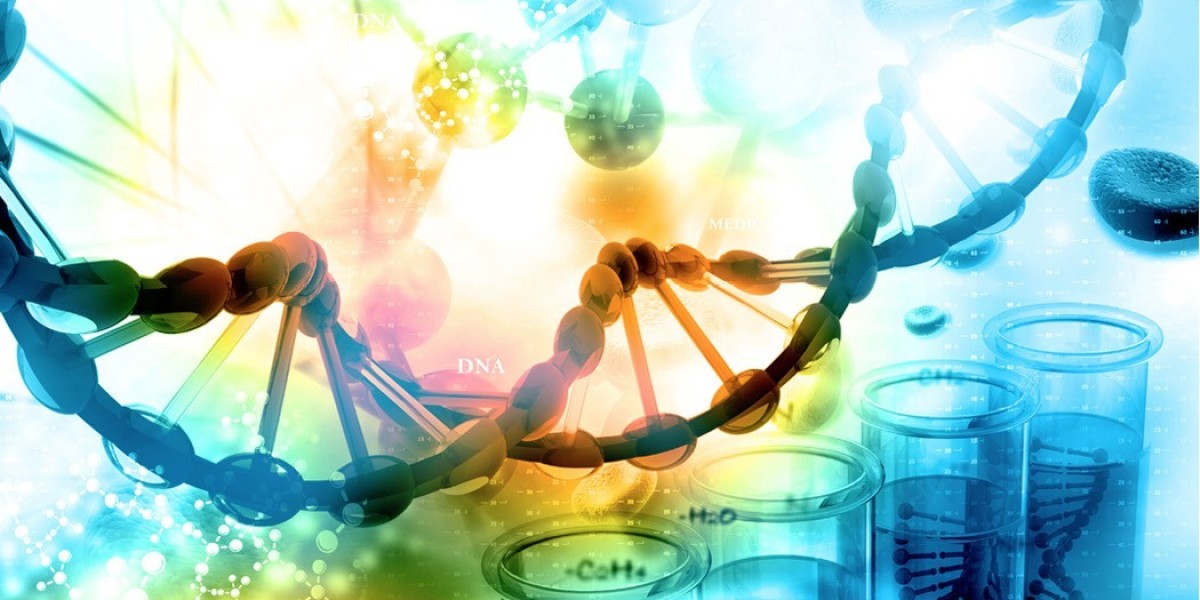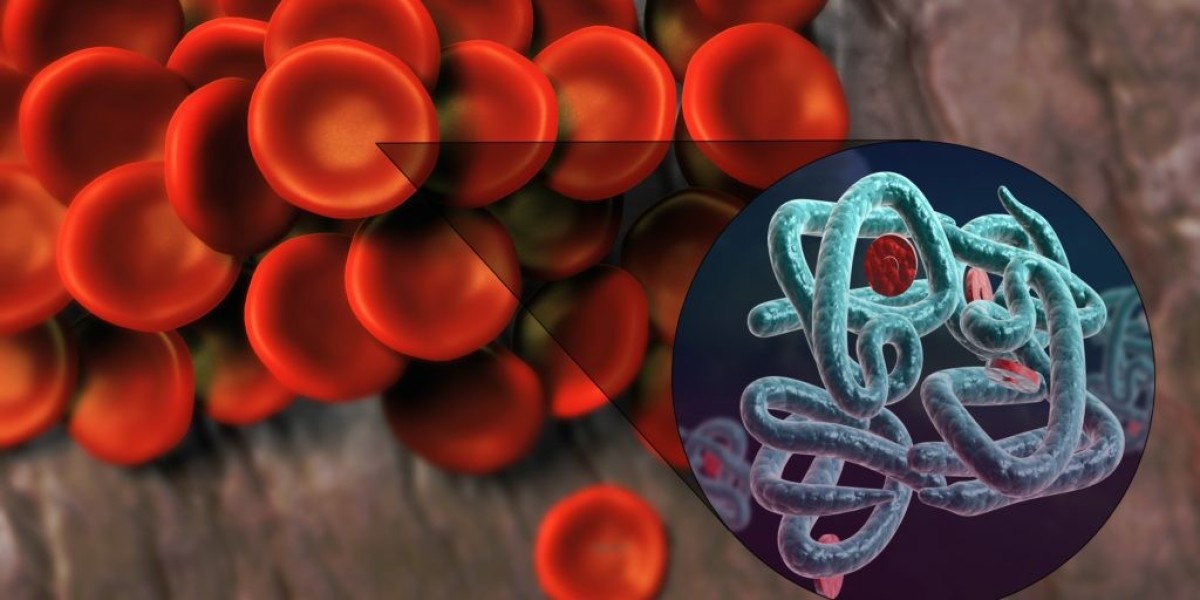A biomarker refers to any biological molecule found in blood, other body fluids, or tissues that is a sign of a normal or abnormal process, or of a condition or disease. For cancer, biomarkers can indicate the presence or absence of cancer as well as the stage of disease progression. They can also predict a patient's response to treatment or risk of cancer recurrence. Several types of molecules have shown promise as cancer biomarkers, including proteins, DNA, RNA, and metabolites.
Protein Biomarkers
Proteins released by tumors into the bloodstream represent one of the most commonly studied types of Cancer Biomarkers . For example, prostate specific antigen (PSA) has been used for many years to help detect prostate cancer at an early stage. However, PSA levels can also be elevated in men without cancer, leading to unnecessary biopsies and overdiagnosis. Researchers are working to discover new protein biomarkers that are more specific to prostate cancer. In the future, panels of proteins may provide a more accurate screening test compared to single biomarker tests.
Circulating Tumor Cells
Circulating tumor cells (CTCs) refer to cancer cells that have detached from primary tumors and entered the bloodstream. CTC enumeration and molecular characterization offer an "liquid biopsy" approach for noninvasively monitoring cancer. CTCs provide real-time information about the genetic alterations driving tumor growth and progression. They can also predict treatment response and guide therapy decisions. Recent clinical trials found that CTC counts early on and during treatment correlate well with outcomes in metastatic breast, prostate, and colon cancers. CTCs hold great potential as markers of minimal residual disease and recurrent risk.
Nucleic Acid Biomarkers
Changes in DNA, RNA, and microRNA expression profiles generated by tumors provide a wealth of molecular information about cancer development, subtypes, and resistance mechanisms. For example, tumor DNA shed into blood or other biofluids allows molecular profiling of tumor mutations without an invasive biopsy. Known as a "liquid biopsy," this noninvasive approach enables frequent monitoring during and after treatment. Researchers are working to establish clinically useful nucleic acid signatures to select optimal therapies and detect relapse earlier. microRNA signatures in particular show promise as highly tissue-specific biomarkers.
Metabolite Profiling
An emerging area is metabolite profiling using techniques like mass spectrometry to measure small molecule metabolites produced during cancer metabolism. Unique metabolic fingerprints exist in biofluids for certain cancers and may prove valuable for early detection. Metabolites also have potential as pharmacodynamic biomarkers to predict treatment response or resistance. For example, changes in lipids and amino acid metabolism early on can inform how well anti-cancer therapies are working at the molecular level. Integrating multi-omics approaches holds promise for advancing precision oncology through metabolite biomarkers.
Get more insights on Cancer Biomarkers








